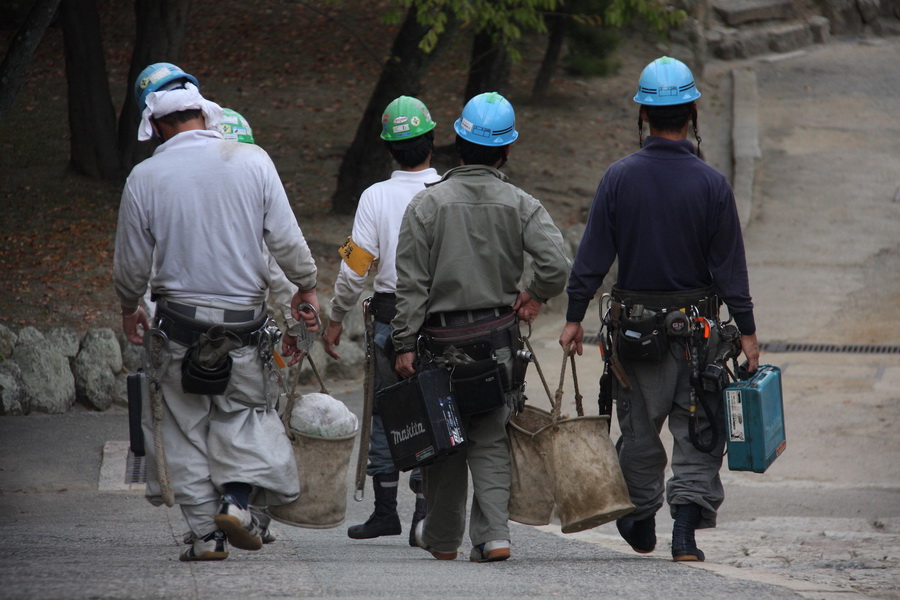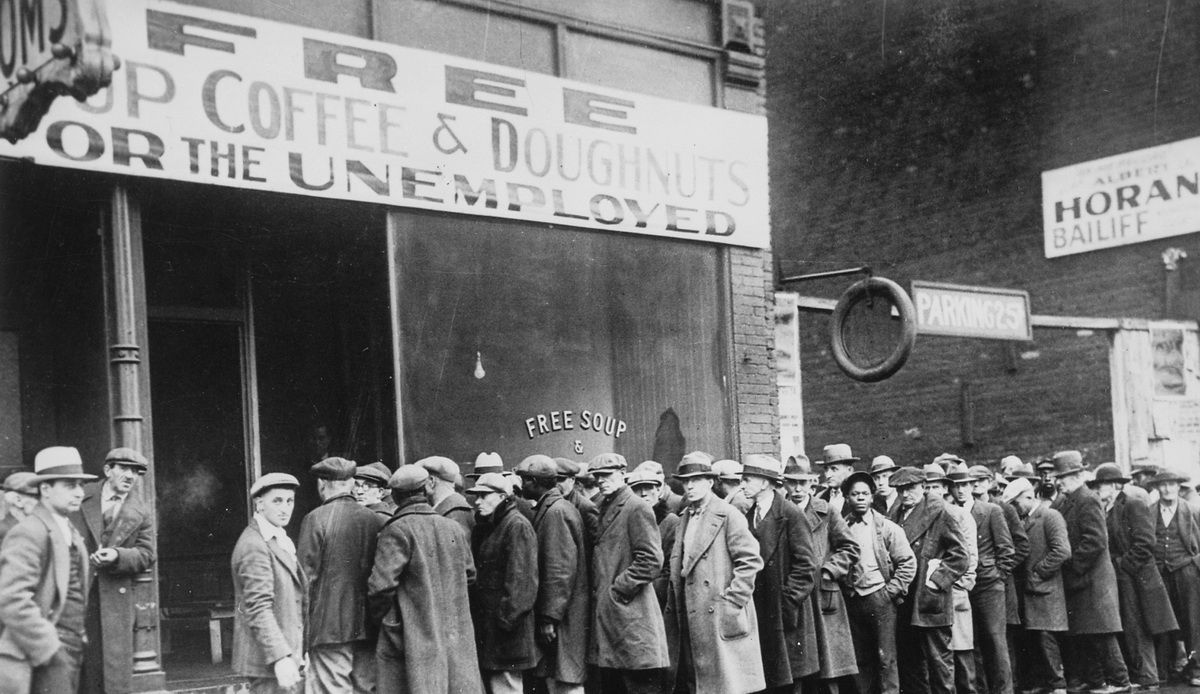POLITHEOR
European Policy Network
Blog 3 Columns
- Home
- Blog 3 Columns

How can we avoid another Orlando?1
- Human Rights and Migration, Op-ed
- 24/08/2016
Reading about the events in Orlando a few months back was like reading a script from a horror tale. It had all the dark elements hovering around and shrouding the setting. A typical night-time event, a solitary gun wielding delusional character and the spillage of blood. It was both the deadliest mass shooting by a single gunman and the deadliest incident of violence against LGBT people in U.S. history, as well as the deadliest terrorist attack in the U.S. since the September 11 attacks in 2001.
READ MORE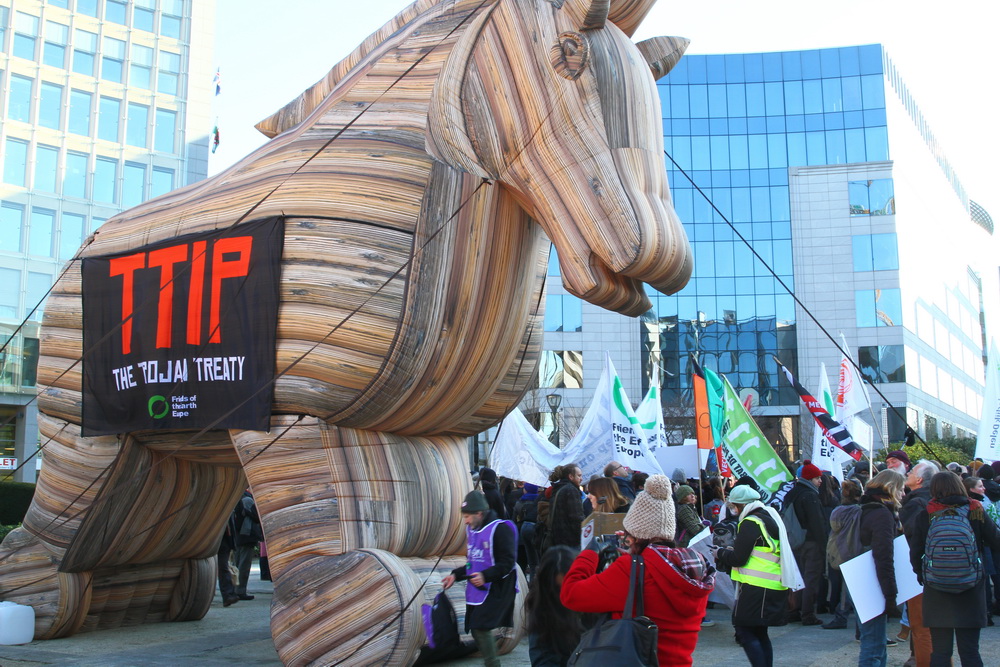
TTIP: Solution looking for a problem0
- International Trade, Op-ed
- 23/08/2016
Being designed to promote trade and multilateral economic growth, the Transatlantic Trade and Investment Partnership (TTIP) is a proposed trade agreement between the United States and the European Union. In its essence, the agreement aims to boost the trade by removing trade barriers as well as to expand corporate profits through the standardization of the legal regulations in the US and EU.
READ MORE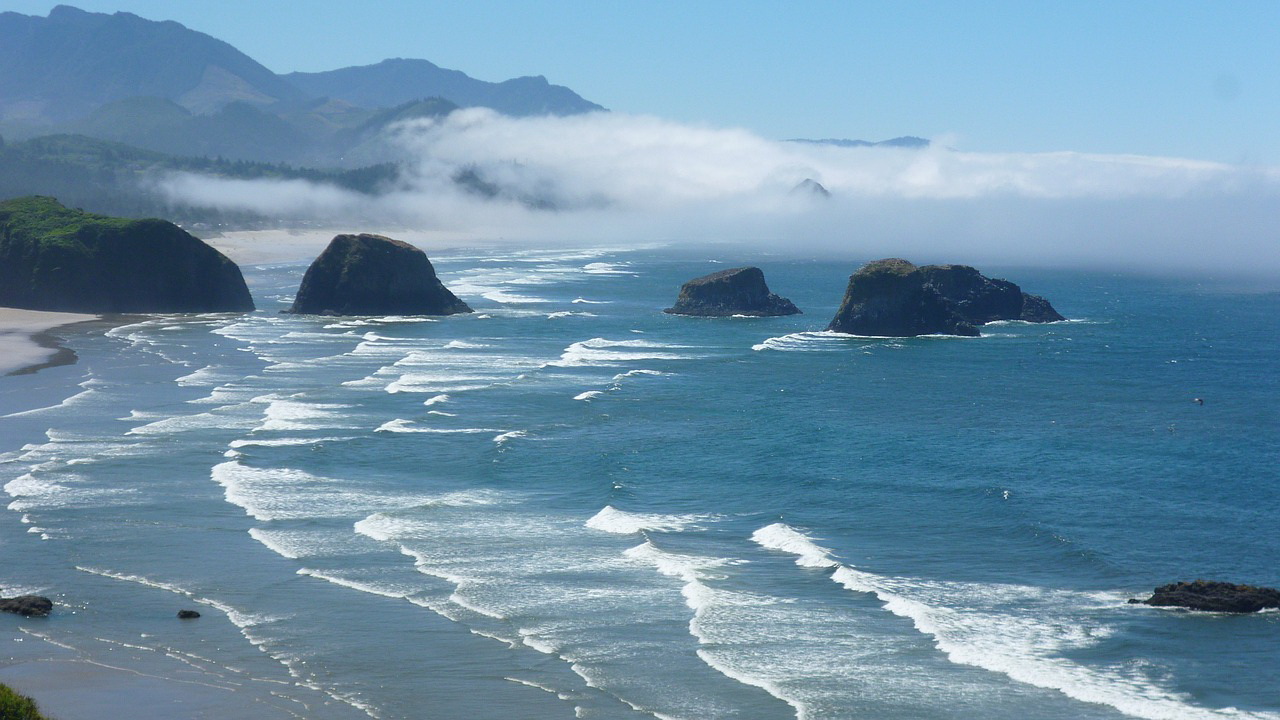
After 10000 years, it’s time for the ocean-agricultural revolution!0
- Environment and Energy, Op-ed
- 10/08/2016
As the world`s population is rapidly extending, the possibility to explore new sources of food is in place. A big potential is in the oceans. Our approach to land, for already 10000 years, has been agriculture. Regarding the oceans, however, we are still hunters and gatherers – and rather inefficient ones. In order to ensure sustainable food production in the future, we should change our hunting strategies and start the sustainable farming.
READ MORE
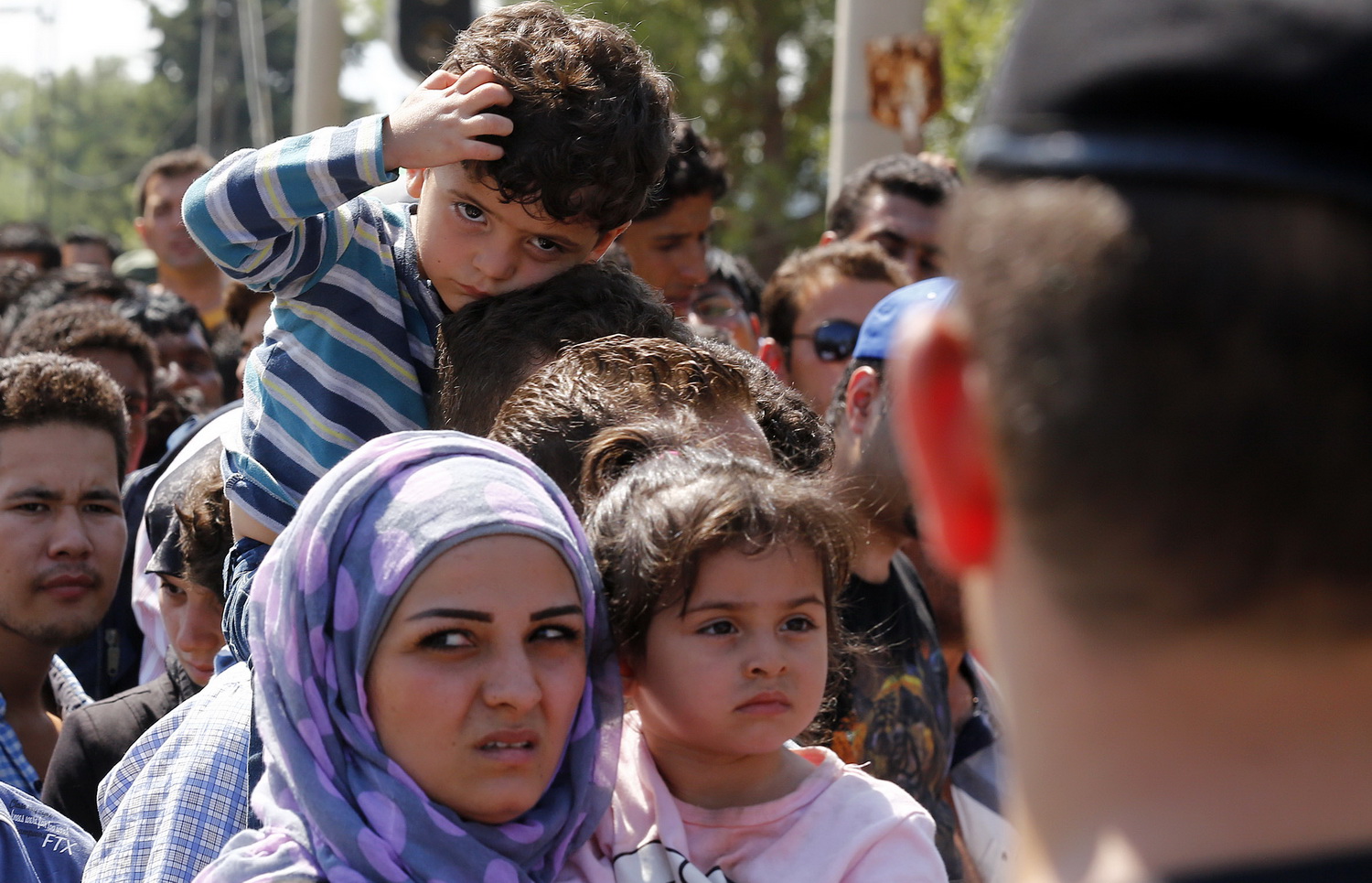
On Dinkos and the Rule of law: Bulgaria facing migration0
- Human Rights and Migration, Op-ed
- 08/08/2016
Bulgaria has a problem with migrants. But most importantly, Bulgaria has a problem with itself.
READ MORE
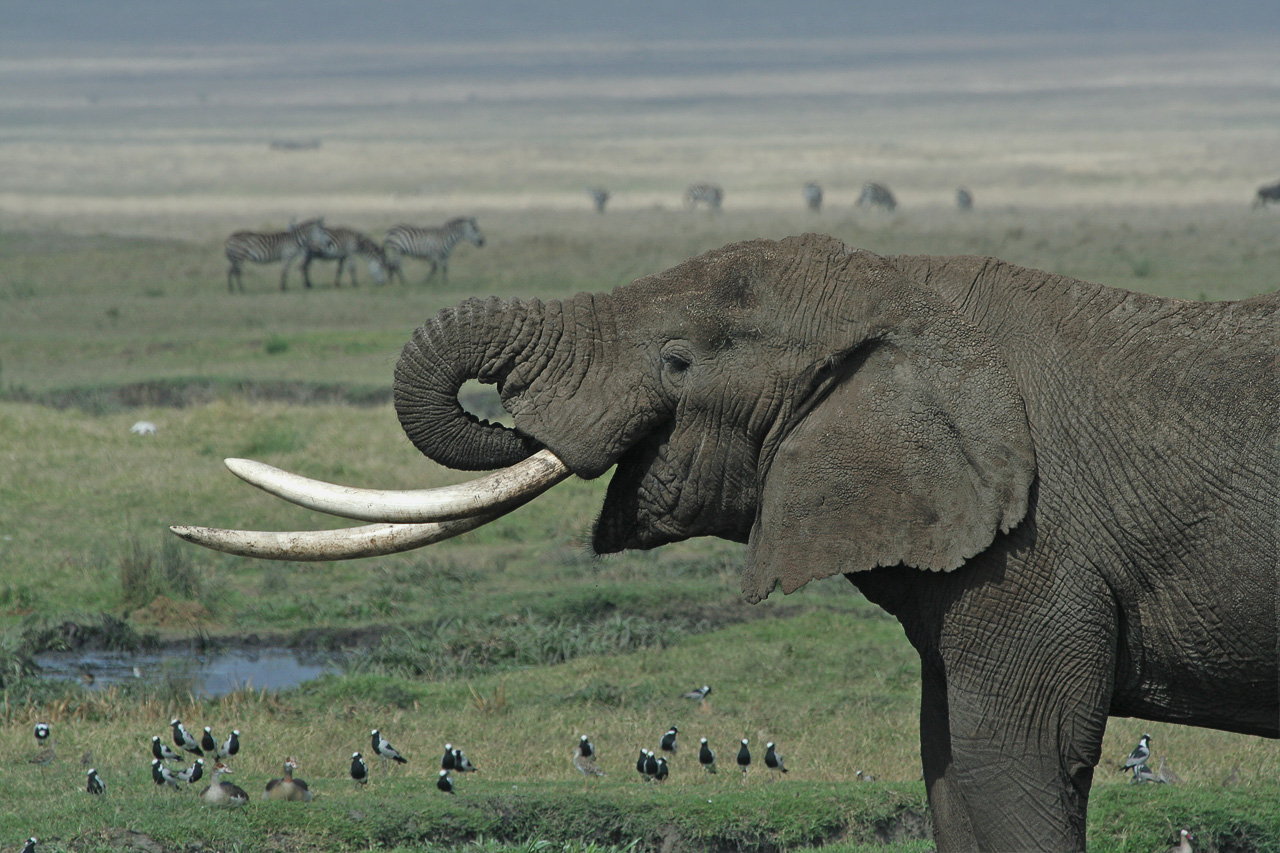
Ivory trade: Back on the market?2
- Environment and Energy, Op-ed
- 29/07/2016
Recently, ivory trade has caused a great deal of furore between the EU, the public and conservation organisations. However, despite a legal misinterpretation leaving the EU misjudged, the resulting message that consumer demand for ivory is lawful, that killing these mythical creatures is acceptable and that they are a resource to be exploited, remains untouched.
READ MORE
